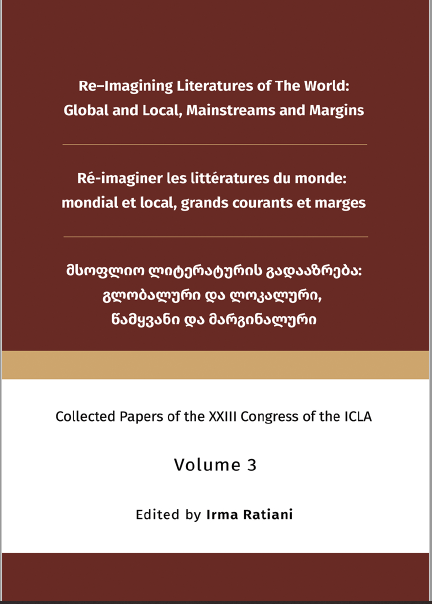From Stagnation to Depression − A Conceptual Analysis of Yiyu
Main Article Content
Abstract
This paper explores the socio-cultural construction and evolution of depression in the Chinese cultural and historical context, particularly focusing on the term yiyu (抑鬱). Yiyu, now often synonymous with clinical depression in modern psychiatry, has a rich historical background rooted in traditional Chinese culture and medicine. Our analysis follows its expansion from an experiential term denoting “stagnation” or “being stuck”, to a medical concept addressing emotional illness.
We discuss how this change was not merely the importation of Western knowledge about depression, but also involved decontextualizing, transporting, and re-contextualizing of modern psychological concepts within a Chinese cultural and historical framework. We underline the term's metaphoric depth and its extensive use in different contexts, contributing to the pathologization of emotions in the Chinese lexicon.
This rich cultural history creates an overlap between the local understanding of yiyu and modern psychiatric depression, facilitating the acceptance of the later term. However, the transmission of the concept and its knowledge was not seeking transparent equivalence between cross-cultural realities. The paper, thus, points out the noticeable gap in understanding yiyu across different paradigms and calls for attention to the nuances of cultural and medical history when contextualizing mental health concepts.
